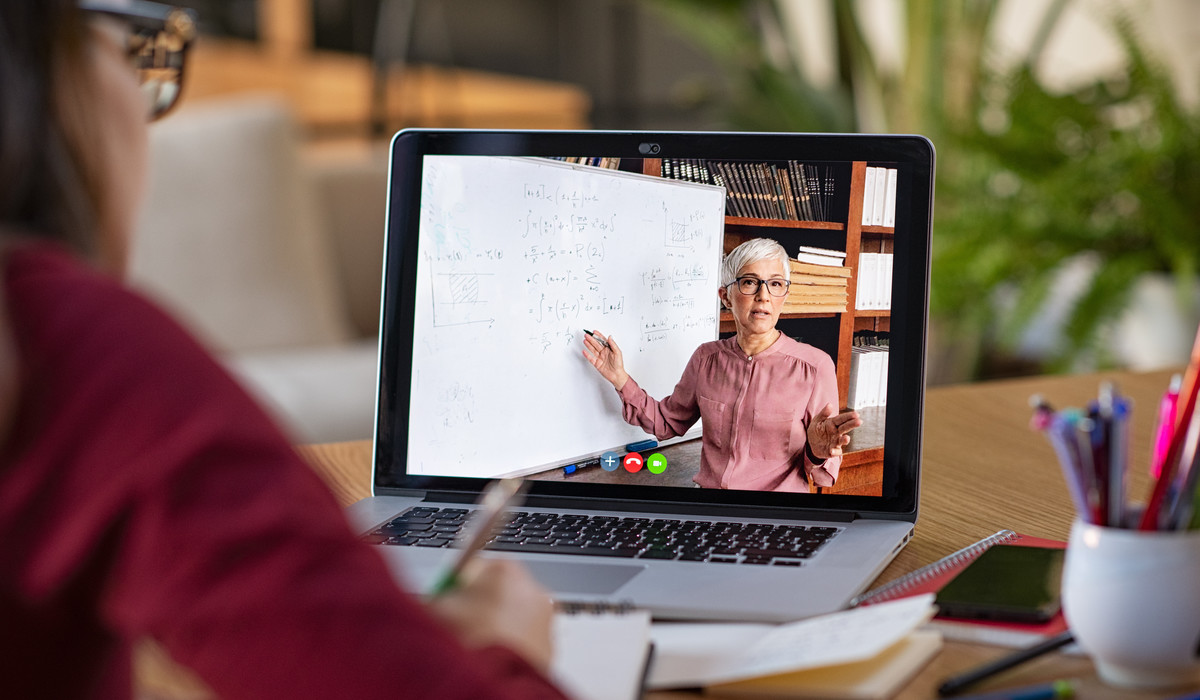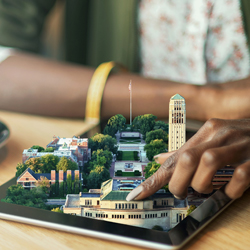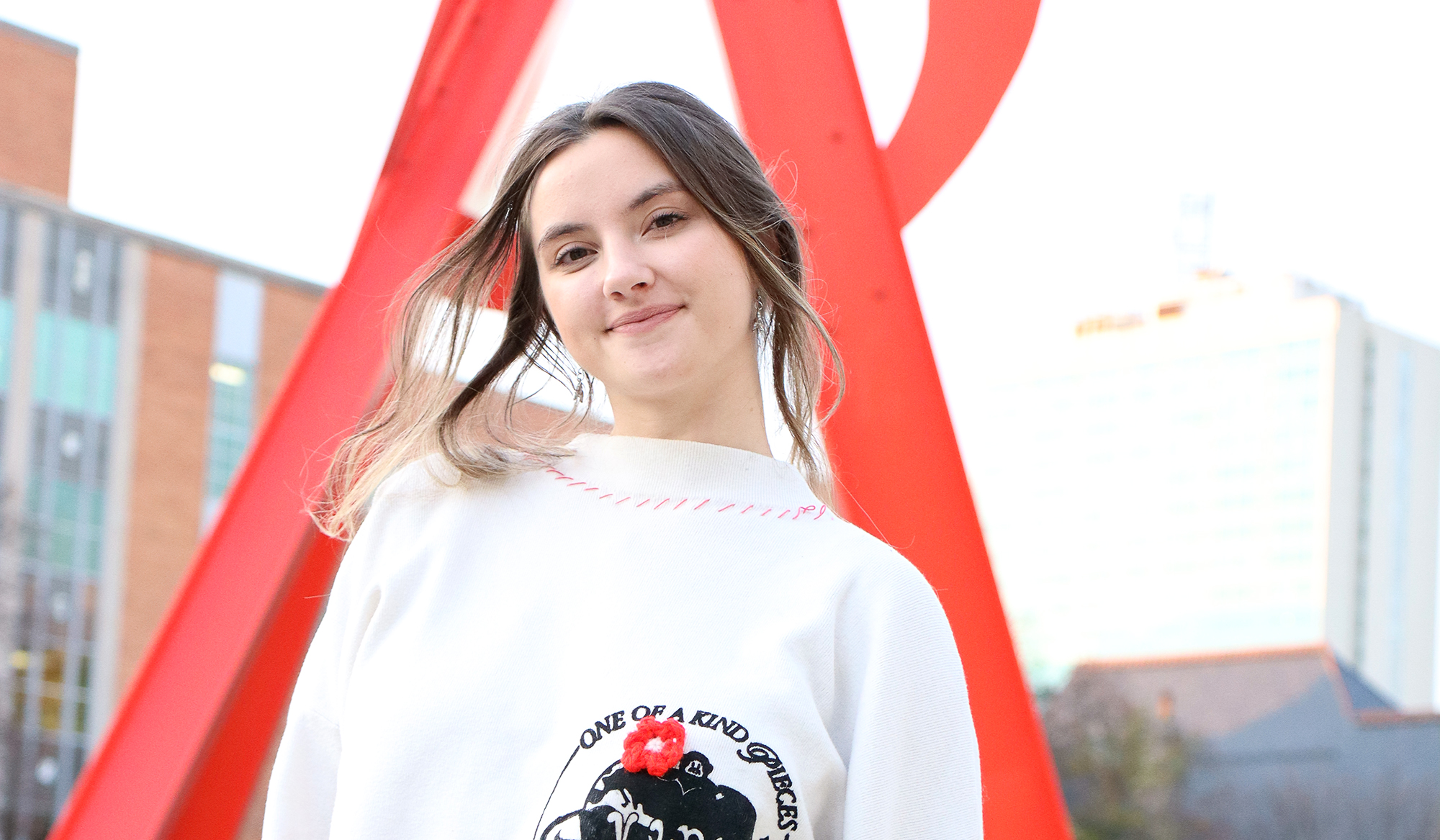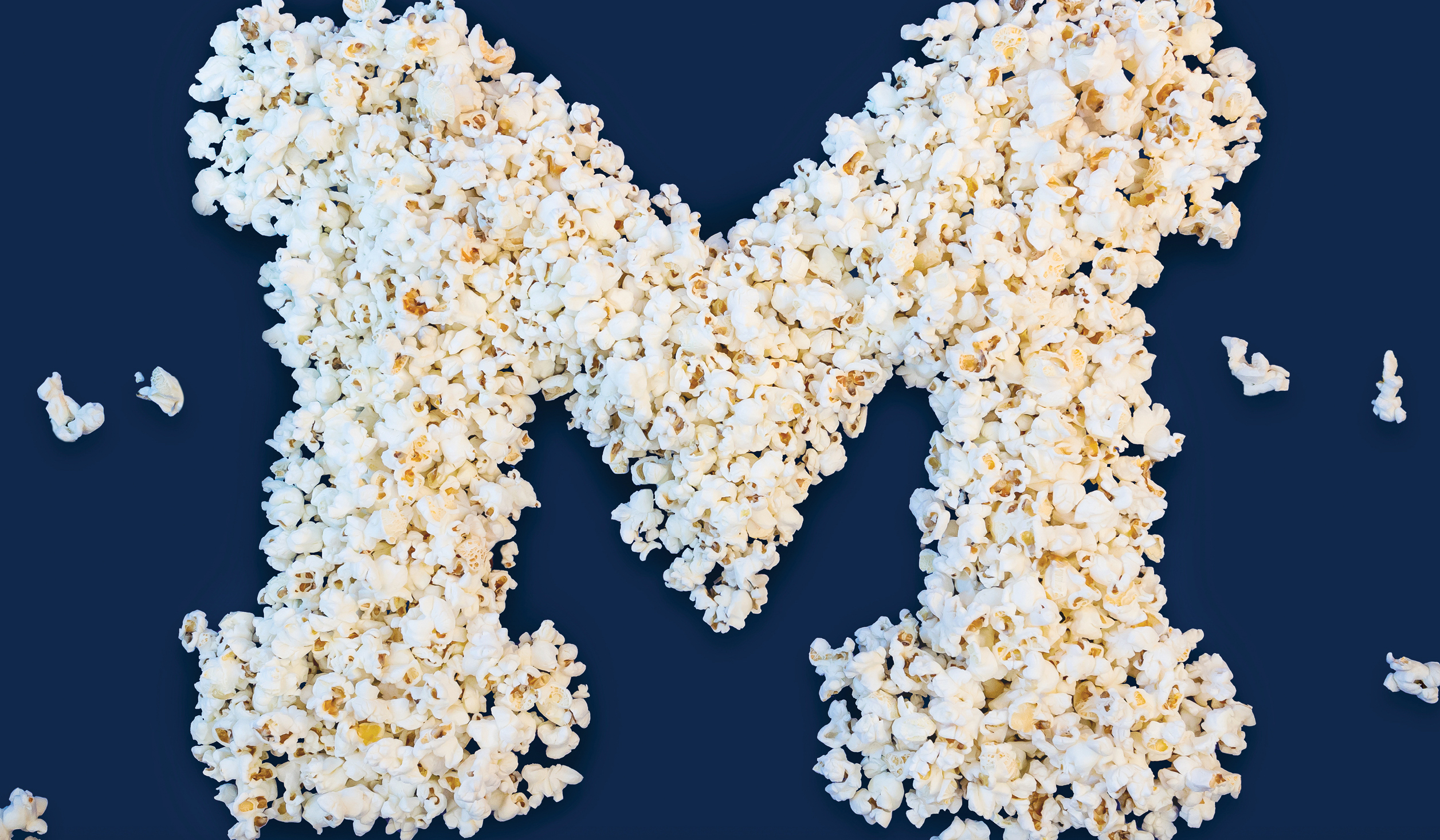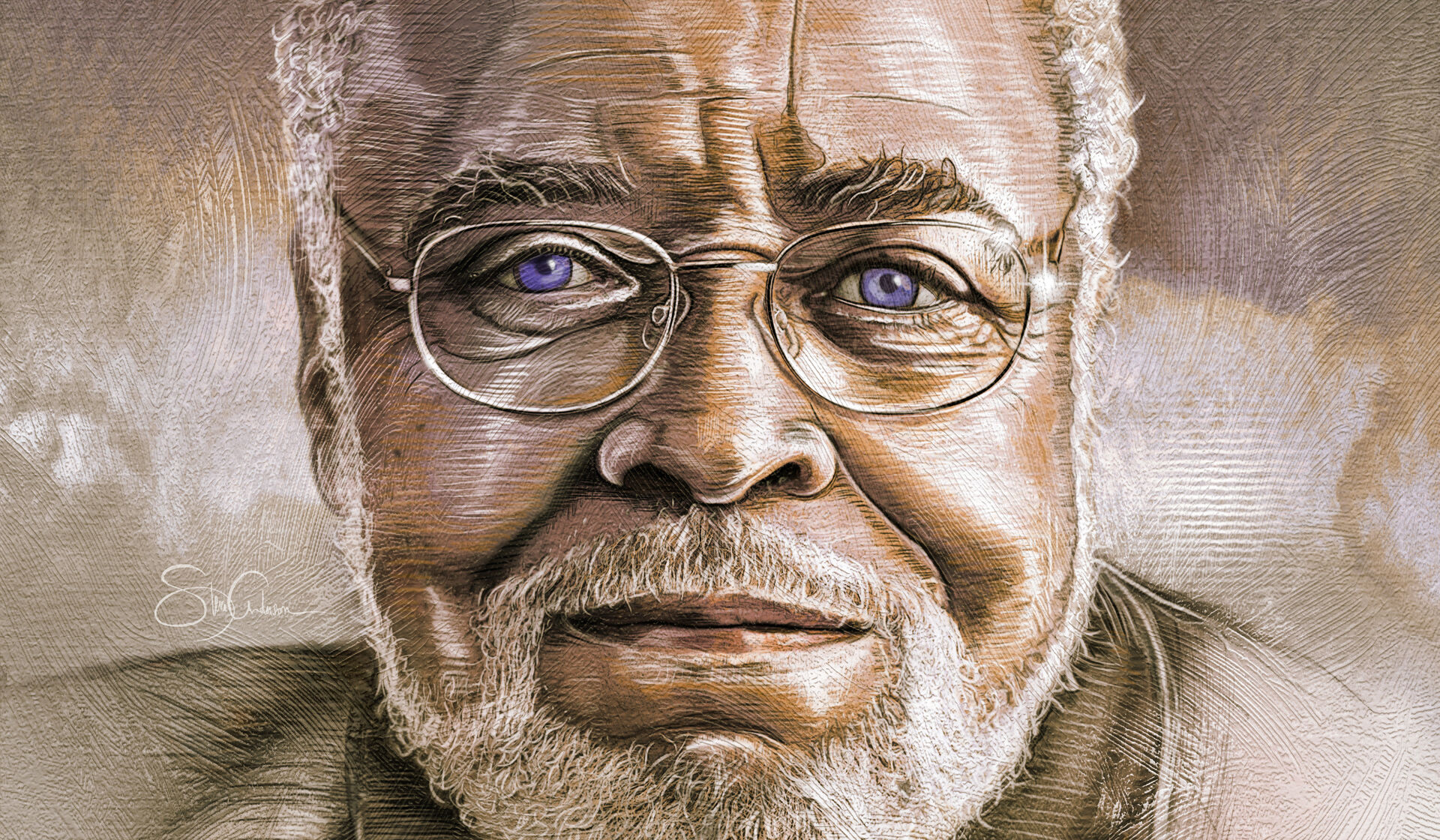OK, this is embarrassing. I was or pretended to be an excellent student. But I managed to maintain a decent GPA by avoiding natural science and putting off a required science class until my last semester. That way, the grade wouldn’t appear on transcripts sent to graduate schools. I was science phobic.
The gap in my education bothered me. So when I discovered the Alumni Education Gateway, I decided to go back to school, temporarily and online.
Along with podcasts, articles, and webinars, the gateway highlights online courses in an array of subjects. I resisted classes in art history and political science and enrolled in a free class called “Sleep: Neurobiology, Medicine, and Society.” (Some courses have associated fees, but many offered through Michigan Online are free to alumni.)
With the pandemic, I’ve been taking long naps and sleeping in short spurts at night. Was I finding my natural rhythms or messing them up? Maybe a class that gives “students the most up-to-date information on the biological, personal, and societal relevance of sleep” would answer my questions. Two U-M medical professors emeritus, Ralph Lydic and Helen Baghdoyan, teach the course. They prerecorded their lectures, as did invited experts from U-M and other top institutions who addressed their specialties.
The class setup made it less daunting than I feared. I could pause at a chart I didn’t understand or rewind to repeat part of a lecture. I was able to save the professor’s remarks or a graph with a click. Some of the vocabulary was tricky at first, but the concepts were accessible, and I was able to get the gist of each lecture. Guest speakers discussing related subjects repeated key points unbeknownst to one another, which helped me retain the information.
 Because the class was self-paced, I could watch the 12 units, each about three hours, at recommended intervals over 12 weeks. Or I could binge-watch. I did both, sometimes watching one unit a week and other times plowing through a few units, whatever fit in with my life. I loved knowing I wouldn’t have to pull an all-nighter before a self-scheduled quiz — something I would soon learn not to do.
Because the class was self-paced, I could watch the 12 units, each about three hours, at recommended intervals over 12 weeks. Or I could binge-watch. I did both, sometimes watching one unit a week and other times plowing through a few units, whatever fit in with my life. I loved knowing I wouldn’t have to pull an all-nighter before a self-scheduled quiz — something I would soon learn not to do.
I also learned restorative sleep is as important to weight loss as diet and exercise — too little can make me feel hungry when I’m not. A lack of sleep also increases my risk for cardiovascular disease and depression, decreases my productivity, and can lead to falling asleep for a few fatal seconds behind the wheel.
I even got to know a little about the neurobiological basis of sleep and wakefulness, the relationship between sleep and circadian rhythms, and sleep-dependent changes in physiology. I also learned about major sleep disorders and the similarities and differences between sleep and being under anesthesia.
These days, I practice better “sleep hygiene.” I avoid caffeine, alcohol, heavy food, and vigorous exercise before going to bed and maintain a regular bedtime. I’m getting uninterrupted sleep at night, getting more done in the day, and I’m no longer science phobic!
Going back to school woke me up.
Davi Napoleon, ’66, MA’68, is a theater historian and arts journalist who also earned a PhD from New York University. She’s not finished learning yet.
More on the Gateway
Alumni Education Gateway also offers shorter experiences (podcasts, articles, and videos) to fill in gaps and delve deeper into subjects surrounding current events. Be aware that the courses change periodically. Here are some others that caught my interest.
Teach-Outs
These mini-courses, are available on a variety of subjects. The LGBTQ Pride: From Origins to Evolution Teach-Out is a one-week-long course that explores the history of the Pride movement and what it means for individuals and communities today. Another, Disinformation, Misinformation, and Fake News, shows how to identify fake news and gain critical skills in media and information literacy.
Events
The U-M Penny Stamps Speaker series has partnered with Detroit Public TV to live stream various respected artists, designers, and innovators from a broad spectrum of fields to conduct public lectures and engage with the community virtually. One example on the gateway is a webinar featuring documentary filmmaker Ken Burns and Pulitzer Prize-winning journalist Isabel Wilkerson discussing how history influences the future.
Podcasts
Listen to a five-minute podcast from Michigan Medicine on how increased light exposure can have positive and negative effects on health. Or take the time to tune into five longer podcasts where U-M researchers discuss different facets of the COVID-19 pandemic, including its impact on older adults, how social distancing is being tracked by one U-M startup, and how FDA-approved drugs could be used as therapeutic interventions.

